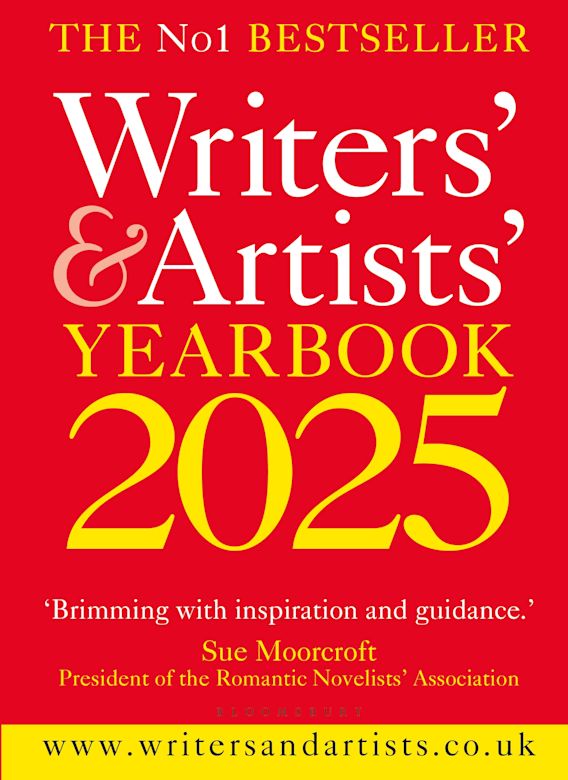In this extract from the article for the Writers' & Artists' Yearbook 2025, thriller-writer Rachel McLean asks one of the most fundamental questions for authors of all genres: who is your reader?

Writing for readers could mean that in the early stages of the publication process, you might not get the feedback you’re expecting. I’m a member of a wonderful writers’ group whose members write in very different genres from mine, and I’ve learned to cherry-pick which pieces of feedback I take into account. Only readers who love the kind of thing you write will get it. And if you’re looking for an editor, publisher or agent, you need to find one who gets it, too. Don’t send your manuscript to literary editors if you’re writing genre fiction, however good your writing is. And don’t send it to someone who only represents children’s authors if you’re writing YA.
You can find your target readers in a whole host of places, depending on what genre you write in (and before you start identifying your ideal reader, please, please identify your genre). Crime readers (like mine) hang out in Facebook groups for people who love crime fiction, they listen to true crime podcasts and attend events like the annual crime writing festival in Harrogate. Romance readers might be on TikTok or Instagram talking about their new favourite read. And all of them will be on the reviews pages of Amazon, giving feedback on the books they love and the books they hate.
[…]Talk to people who read books like yours. Ask them what they enjoy most about the genre, and what they find less appealing. When I was writing my first police procedural novel, I asked a question in a Facebook group for crime readers: did people enjoy reading about the detectives’ personal lives, or did they prefer to focus on the case? The answer led to a series of subplots in my novels all about my protagonists’ home lives, entwining them with the cases and giving my characters so much more depth.
Asking questions can give you an insight into what readers love. And so can reviews. The advice is mixed on whether you should read your own reviews, but do you read other authors’? They can be incredibly enlightening.
Rachel McLean writes thrillers that make readers think. Her books include the Detective Zoe Finch series, the Dorset Crime series and the Tanner and McBride series: all are linked, and characters appear in multiple series. Visit her website to find out more: https://rachelmclean.com/.
Comments